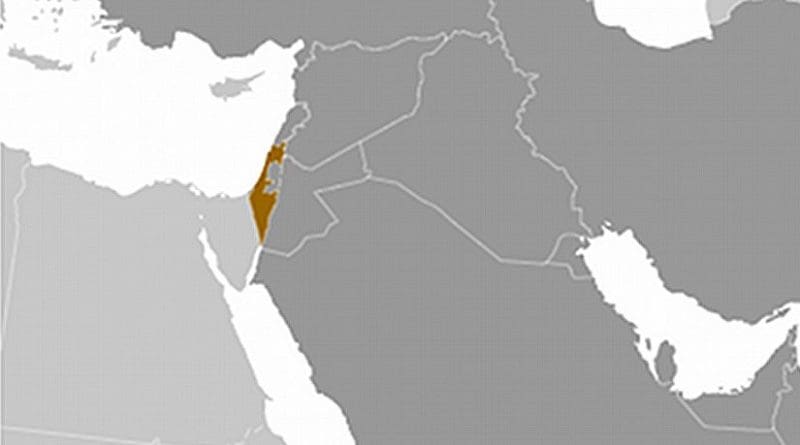Israel Can’t Survive As A State Built On Fear – OpEd
By Paul Woodward - War in Context
Akiva Eldar is widely regarded as one of Haaretz’s more enlightened columnists, but his latest piece reveals the bedrock of the Israeli-Palestinian conflict — the dimension that unites Israelis on the left and the right: their fear of Palestinians.
For Eldar, a binational state in which Jews and Palestinians have equal rights is inconceivable since to his mind it is inevitable that if Palestinians enjoyed the political power that is now the privilege of Jewish Israelis, then the current inequalities would simply end up being reversed. He writes:
What will happen when the Palestinian minority in the binational state becomes the majority − in 2020, or 2030, or perhaps in 2050? What will we do then, when the Palestinian majority exercises its right to vote? The model for action already exists: The Palestinian parliament can copy the behavior of Israel’s Knesset in the Netanyahu-Lieberman-Eldad era.
Is anyone willing to guarantee that the Palestinians won’t replace Israel’s Law of Return, for Jewish immigrants, with a law enshrining the Palestinian right of return? Can anyone guarantee that they won’t turn the Jewish National Fund into the Palestinian National Fund; replace the blue and white flag with a black, white and green flag with a crescent moon on the side, and replace “Hatikva” with “Fida’i” (popularly known as “Biladi, Biladi”)? Who will light the torches on Mount Herzl on Independence Day? Or perhaps the government of Israstine will ban ceremonies marking the Jews’ temporary victory.
Why wouldn’t they give funding preference for schools in Arab local councils, rename the Israstine international airport after Yasser Arafat and change the name of Ariel University Center of Samaria to the Arab University of the West Bank? We’ve been riding them for decades, why wouldn’t they want to turn the tables on us? At best we’d come out of it with only a few broken ribs.
It’s certainly possible that Palestinians empowered by majority rule would look for ways to exact revenge on their erstwhile oppressors, but that doesn’t look like the most plausible outcome of a binational state. Why?
Look at South Africa where fear and enmity between whites and blacks was surely just as intense as the division in the Holy Land. While the end of apartheid stripped whites of their institutional political power, they retained a significant amount of their economic power. In a binational state, Jewish-owned and run businesses would not be under threat (unless there was a Jewish exodus or state socialism); instead, integrated workforces and expanding markets would open up new opportunities in what could become a much more dynamic economy internally and internationally. The assumption that every Palestinian gain would necessitate a Jewish loss is simply an expression of the narcissistic and narrow-minded Israel-first mentality.
And then there are the cultural differences between the Palestinians and the Zionists. To be blunt, the Palestinians don’t carry the same psychological baggage that burdens their adversaries: they have the more modest and adaptive identity of an indigenous people — not God’s chosen people; that they have suffered decades of oppression — not millennia of persecution — and thus don’t have victimhood at the very core of their identity; and they have a stronger sense that they belong to the land, than that the land belongs to them.
Hard as it might seem for many Israelis to imagine, in a binational state, Jews might end up profitably learning from the neighbors they have so long feared.
What threatens Israel more than anything else is fear — fear which shackles life, undermines courage and takes away dignity.

